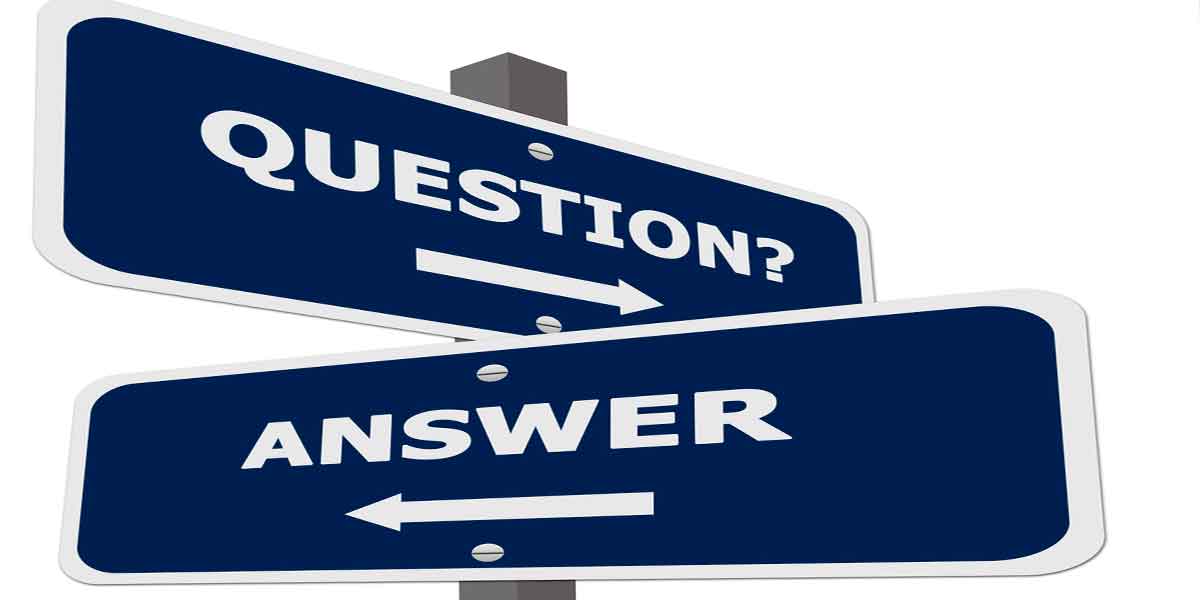There are important considerations which make up a basic estate plan. These considerations are as follows:
- The management of your estate and personal affairs in the event you become incapacitated
- The efficient disposal of your estate when you die
- Tax planning
- What challenges are your beneficiaries likely to face in inheriting your property, and how can these challenges be mitigated or avoided?
When the above considerations have been discussed and you have successfully laid out plans to address each item, then you have succeeded in obtaining s basic estate plan.
What should be included in basic estate planning in Florida?
To carry out basic planning in Florida with the said considerations in mind, the following estate planning items may be established:
- Will and Trust
- Financial power of attorney
- Medical power of attorney
- Living will
- Guardianship designation
- Insurance
1. Wills
A will is often mistakenly associated with the rich and famous but this is so wrong. A will is fundamental to every estate plan, regardless of the absence of highly valuable assets. So long you have assets held in your name — maybe a car, bank account, etc. — it is important you lay down instructions on how these items should be disposed, and who should receive them. A will ensures that your possessions, no matter how small, are distributed according to your wishes.
It is important to note that the wording of a will or trust is vital to implementing your wishes. A little ambiguity can result to will contests and estate litigation during probate. Therefore, you should state clearly your beneficiaries and what value of asset or funds you want them to receive. The will and trust should be drafted in accordance with Florida state laws.
2. Trust
A trust works the same way. But as opposed to a will, a trust allows you to transfer assets outside probate, and even before death. Assets funded in a trust take assume the name of the trust; thus, trusts offer tax advantages by limiting the assets held in your name. Also, a trust cannot be contested or litigated.
Assets with designated recipients should not be included in a will or trust. For example, the beneficiary designated on your IRA is your first son. If, out of forgetfulness, you name your daughter as the beneficiary of your IRA in your will, the designation takes precedence, but this disparity can lead to litigation.
3. Financial power of attorney
Powers of attorney are used to address guardianship and the management of your estate and personal affairs in the event you become incapacitated. A financial power of attorney is used for appointing an agent and bestowing upon them the responsibility of managing your fiscal matters when you become incapable. Such an agent will be authorized to handle your bank accounts, business, and transactions in your stead. Powers of Attorney prevents the court from appointing their choice of guardian during incapacity, as their choice may not coincide with yours.
It’s not always advised to appoint a relative. The criterion is that whosoever you appoint has your trust and is financially savvy.
4. Healthcare proxy
The healthcare proxy is just like the financial power of attorney. In this case, your agent will have the authority to make medical decisions for you during incapacity.
5. Living will
Your living will do not transfer assets, but bears your desires concerning the kind of medical attention or treatment you want or do not want during critical end-of-life situations. Your decision may be not to be put on life support, or to be used for organ donation.
6. Guardianship designation
If you have minors, then you should know they cannot inherit if you die before they attain 18. You should therefore name a guardian who would look after your minors by managing and using the assets you bequeath to the children. In the absence of a guardianship designation, the court may end up appointing someone who you wouldn’t have desired.
7. Insurance and retirement accounts
As have been highlighted, assets with designated recipients go to the recipients outside a will and outside probate. Such assets include life insurance, retirement accounts, and POD accounts.
Having life insurance with a designated recipient is a great way to ensure that that recipient receives the proceeds after your death without having to go through probate. The recipient should be 21-year old or older. You should constantly update your designated recipient to ensure it is consistent with your present wishes, if not, the court may step in if there is any disparity or inconsistency.








